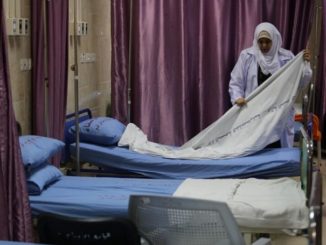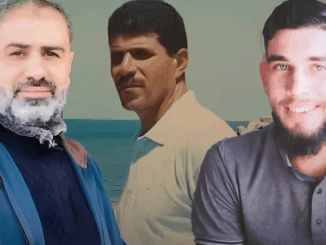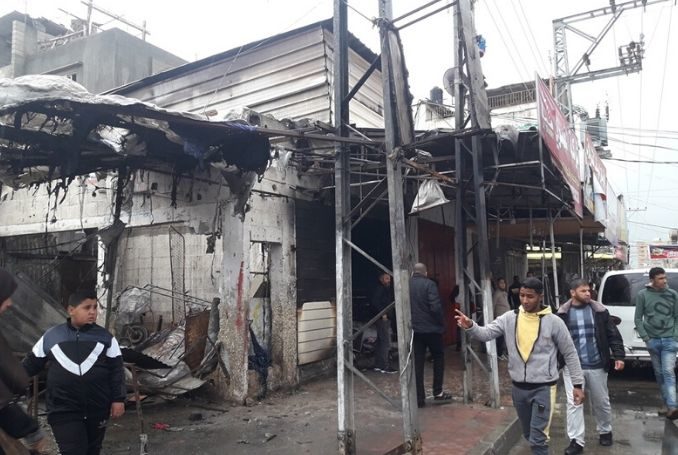
The clock had just struck one in the afternoon in the Nuseirat refugee camp, Gaza’s most central and populated camp when a massive fire erupted. The pain and hurt that followed will be etched in the memory of the Nuseirat residents for many years to come.
Since Israel imposed its hermetic siege on Gaza in 2006, Nuseirat, like all other Gaza communities, learned to adapt to the harsh life that followed. With prolonged electricity outages that, at times, last for days, every Gazan household and local business store various types of gas cylinders so that life may go on despite the absence of electricity.
This option, however, has proven deadly in the past, but Nuseirat now experienced the most tragic in the last thirteen years of siege.
A gas leak began in the Banna bakery in Nuseirat’s main market, pumping into the air an estimated three tons of gas. It was a disaster in the making, as the gas leak triggered two massive explosions only minutes apart turning much of Nuseirat into a smoking heap.
It took volunteers, residents, and the ill-equipped civil defense hours to suppress the fire, especially as gas cylinders kept exploding in shops and homes alike.
In the end, eleven people were killed and 57 were injured, 14 of them remaining in critical condition.
The economic cost was also massive, especially as Nuseirat is, like the rest of Gaza, reeling under the impact of the Israeli blockade. 27 shops were completely burned, three large companies, 42 stalls, several homes and apartment complexes, and 22 vehicles.
But the tragic scene hid behind it another beautiful scene of communal solidarity, of which Gazans are well known.
Even before the civil defense arrived at the scene, ordinary people rushed inside the inferno, carrying the wounded and salvaging the bodies of the dead.
Hamzah Rizqah, 26, told The Palestine Chronicle that initially, it was assumed that the fire and the explosions were a result of Israeli bombardment, before realizing that a massive fire had started at the bakery.
Rizqah and others are excused in making that assumption considering the fact that Nuseirat had been bombed by Israel repeatedly and frequently, resulting in massive destruction and the killing of many people.
“We threw ourselves into the fire to clear out the wounded, but especially the children, who were present in the market just before the first explosion took place,” Rizqah said.
‘Sama’, a nine-year-old student, was sitting in her classroom, only 200 meters away from the center of the explosion.
“The fire was so huge,” she said, “smoke kept rising until it reached the clouds and the sounds of explosions kept going on and on. We were so scared.”
People rushed to the school to ensure the safety of the children.
Hamzah Dwidar, 27, described the scene at the school.
“The whole place was filled with the cries of the children, they were all staring at the fire and were convinced that it was Israeli bombardment and that their school was being targeted. We did everything to calm them down as we tried to figure out ways to evacuate them without anyone being harmed.”
The Nuseirat Central Clinic was filled with patients at the time, but in no time the residents managed to clear the entire clinic as the fire drew closer and closer.
They say that necessity is the mother of invention, which proved true in Nuseirat on that dreadful day. When the civil defense and volunteers failed to contain the fire, for lacking the necessary equipment, workers at local concrete and sand companies devised a solution. They filled their trucks with water and sand and rushed to the scene dumping their loads around the growing fire to create natural barriers. If they did not do this, the fire would have kept expanding in the very crowded refugee camp.
Everyone rushed to the scene, ordinary people, government officials, and workers, each trying to provide whatever he could to make the tragedy less tragic.
This was a difficult day for Nuseirat, but it will not only be remembered because of the irreplaceable loss of precious lives, but also because of the solidarity and sacrifice that was displayed by the entire refugee camp, home of 120,000 people.
The Hamas government has reportedly dedicated $300,000 to help out the families of the victims, while the Qatari government has announced a donation of $ 2,000,000 to rebuilding the destroyed market. Meanwhile, funerals for the eleven who perished in the fire were held and are still flooded with thousands of mourners and supporters.
Below are a few photos from the Nuseirat’s fire.
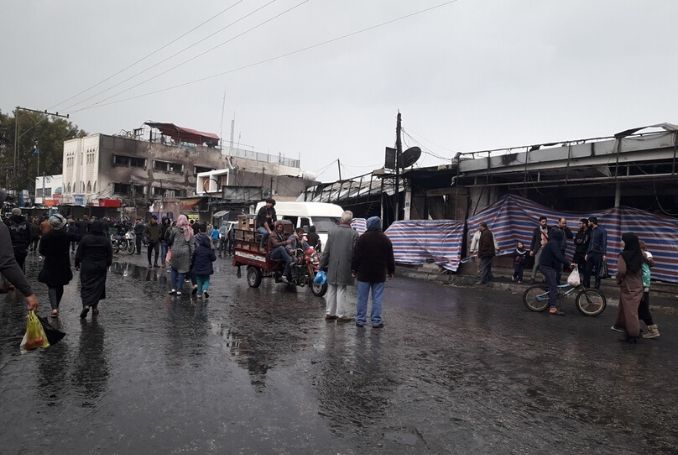
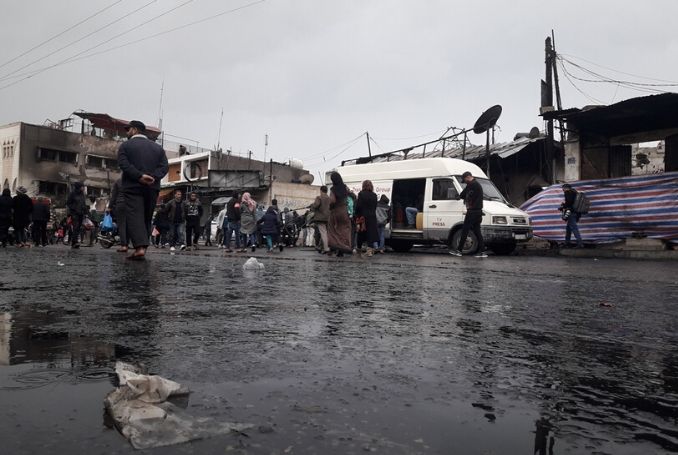
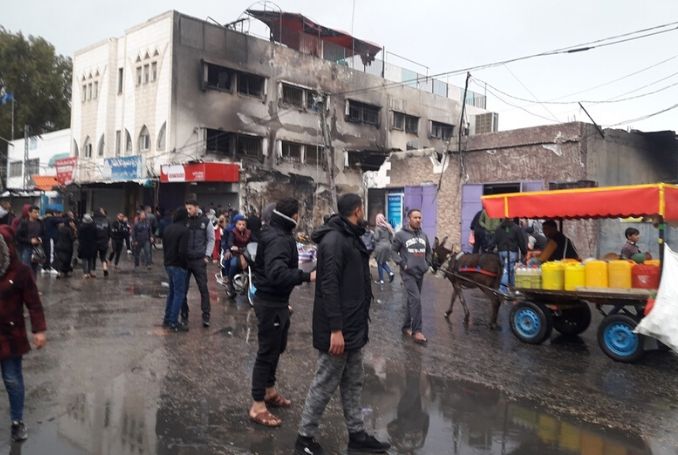
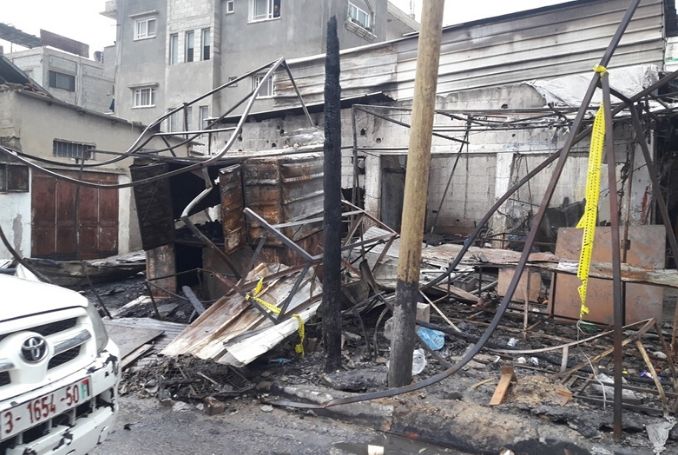

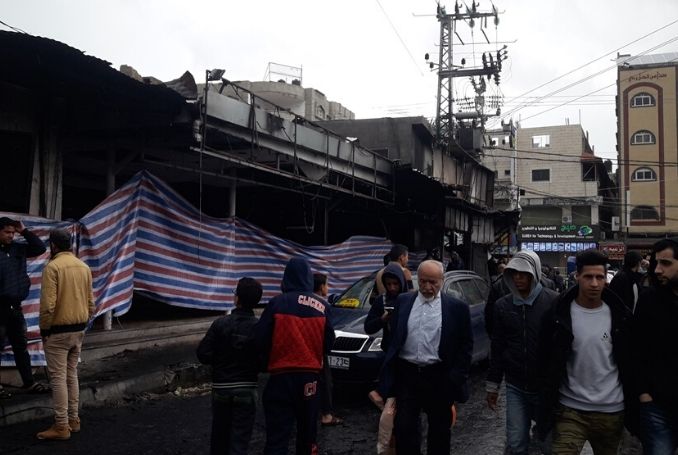
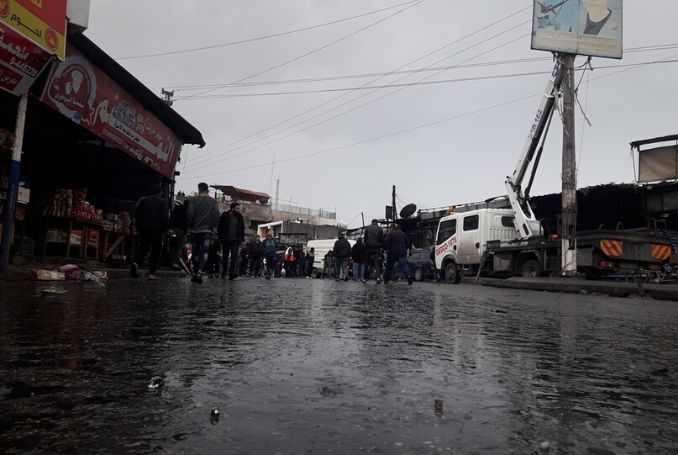
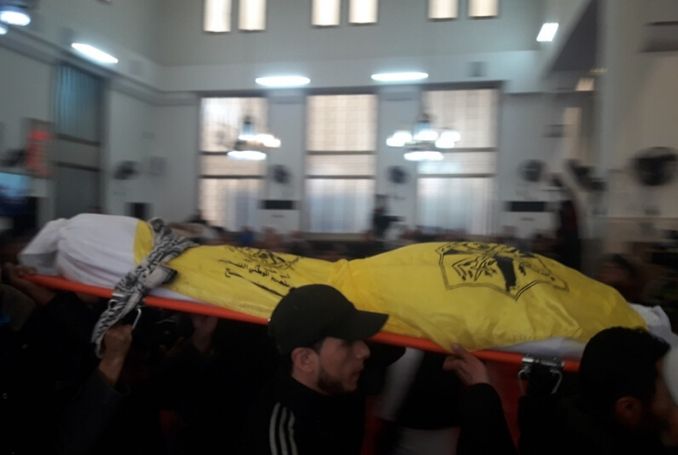
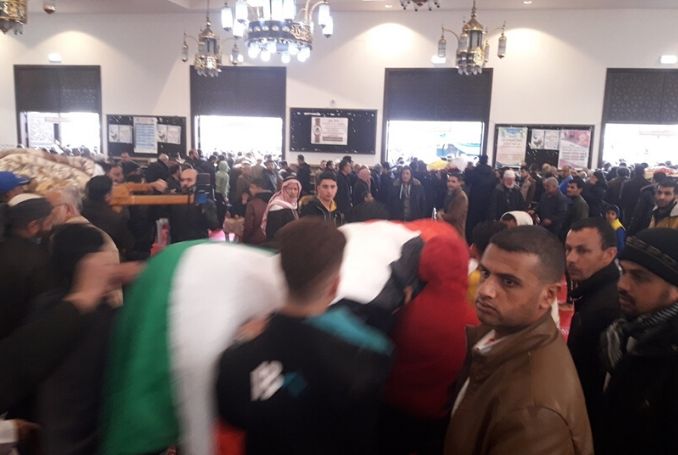
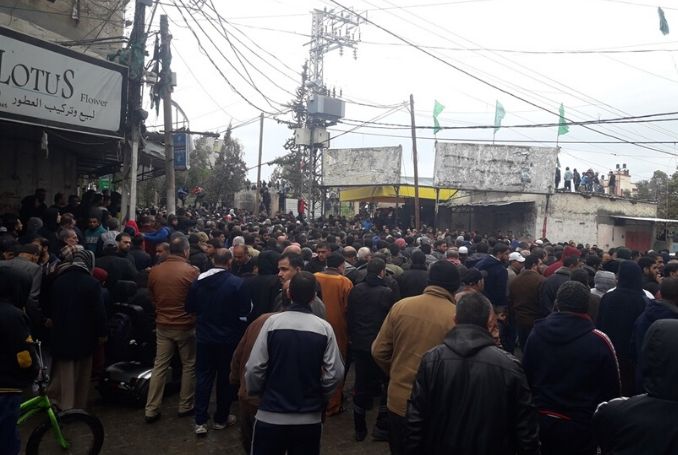
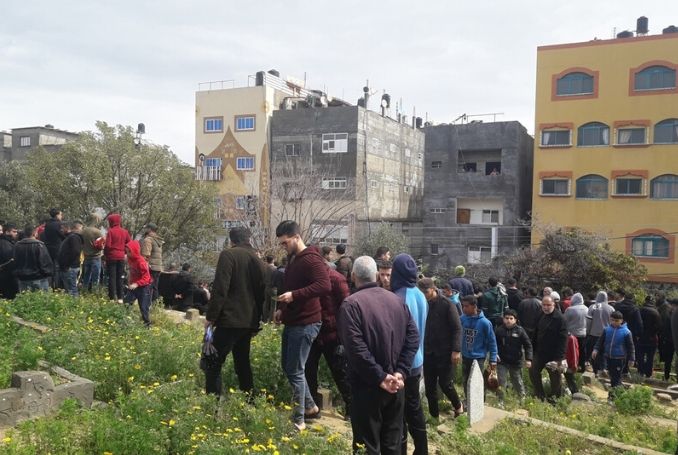
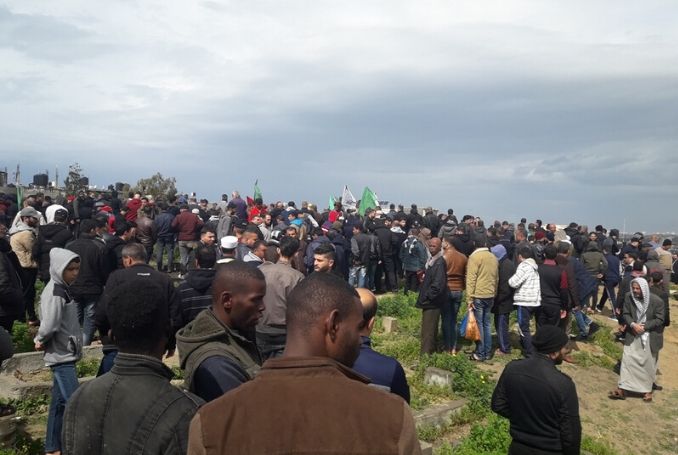
– Abdullah Aljamal is a Gaza-based reporter for the Palestine Chronicle. (Translated from Arabic by Palestine Chronicle Staff).
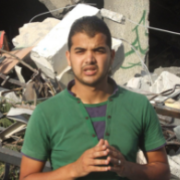
– Abdallah Aljamal is a Gaza-based journalist. He is a contributor for The Palestine Chronicle from the Gaza Strip. His email is abdallahaljamal1987@gmail.com

